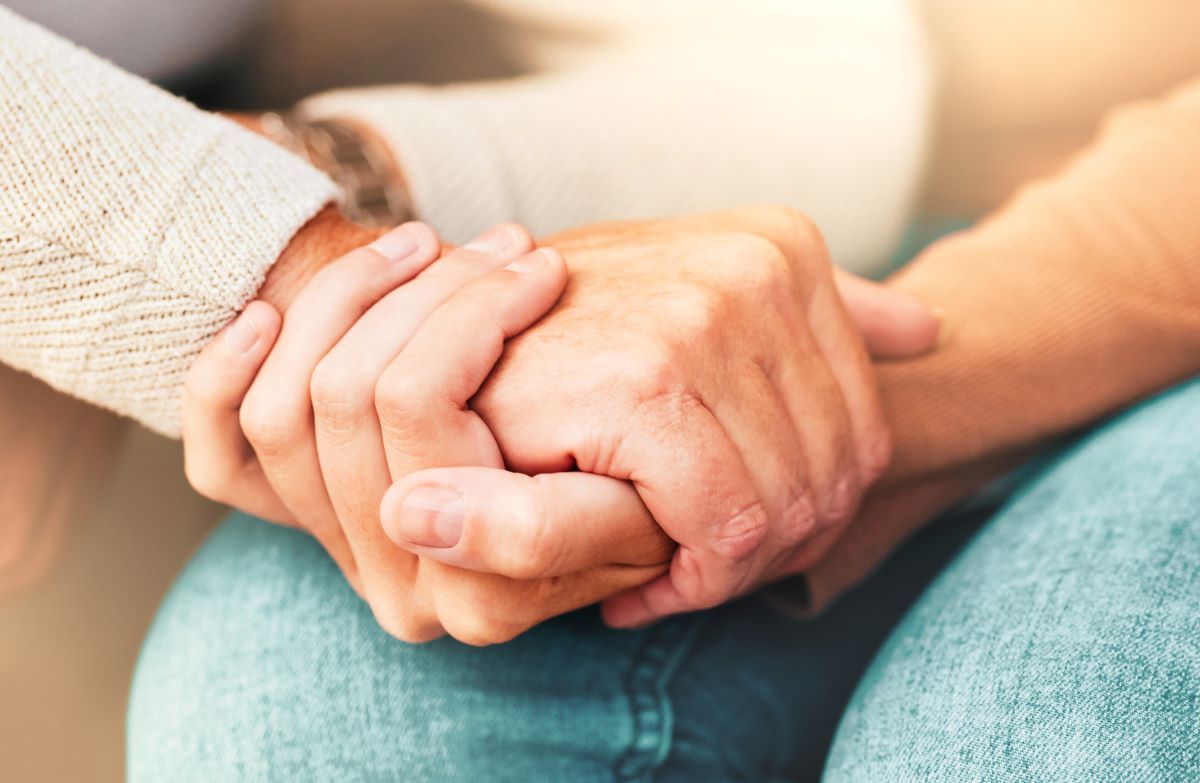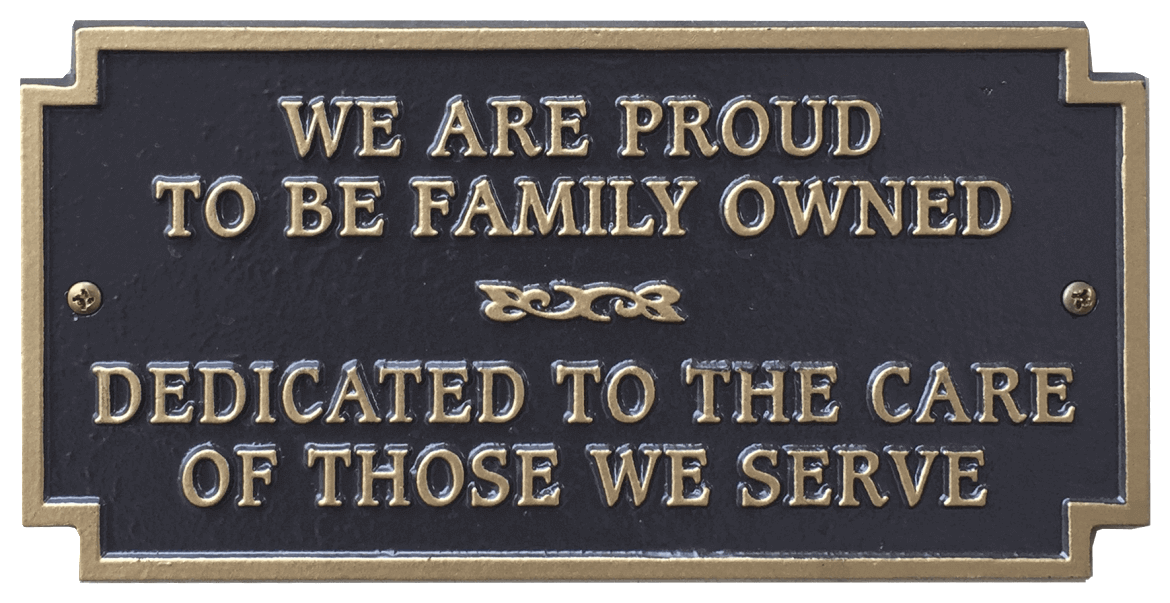The Grieving Process
The Grieving Process
Every person is unique in the way he or she handles the loss of a loved one. While the grieving process is different for each of us, we all experience some common feelings as we work toward healing from our loss.

Stage 1
Denial
When you find yourself in the phase of denial, it is easy to be consumed by false ideations about the reality of a situation. Pushing your worries aside and ignoring the tragedy is a part of the process and can actually be an effective way to grieve. Denial lets you take in the amounts you are capable of handling at the time. Eventually, accepting the reality of the situation begins to come clear, and you slowly begin the healing process. The denial begins to fade and your feelings begin to reach the surface.
Stage 2
Anger
There comes a time when you may feel resentment and anger. You have now entered the second stage of grief. You search for someone or something to blame, whether it be yourself, God, the physician, or even the person who passed away for abandoning you. Do not feel isolated when having these thoughts, these feelings are completely normal and happen very often when dealing with grief.


Stage 3
Bargaining
There comes a time when you may feel guilty for the persons passing. You tell yourself that there could have been something done to prevent it from happening, something that you could have done. You may try to pray for a trade off of some kind, negotiating with God. Don't be consumed by the "if onlys" or any theoretical situations, this will only make you feel more guilt. Try to have an open mind, begin to understand the situation in a logical and accepting way.
Stage 4
Depression
There will most likely be a period where you feel empty inside. This is the state of depression. This stage may feel like it will never end, and the pain will last forever. Struggling to wonder if it is worth going on in life, questioning life itself. You must understand that depression is the most common coping mechanism for loss. To not feel depressed after losing someone you care about would be unusual. Accepting that your loved one will not be coming back is a very difficult concept to understand, you must be strong and push forward.


Stage 5
Acceptance
Accepting the loss of a loved one is often misunderstood as being "completely fine." True acceptance involves acknowledging the new reality where your loved one is no longer physically present. This adjustment can be uncomfortable, as you may initially try to continue life as it was before their passing. Over time, acceptance allows you to adapt to this new reality, finding peace and learning to live again. It's natural to feel guilty about moving forward, but healing doesn't mean forgetting. You can honor your loved one by forming new connections and relationships. Remember, grieving is a personal process that takes time and should be allowed to unfold naturally.


